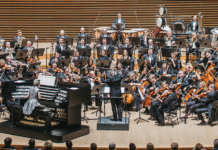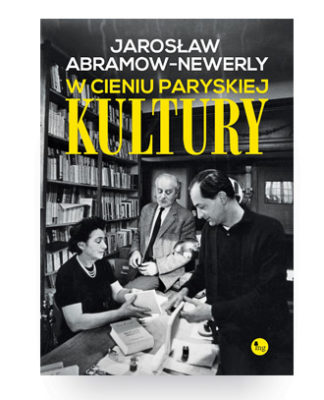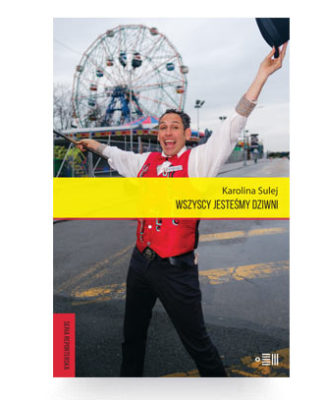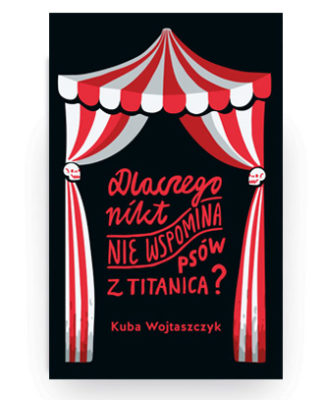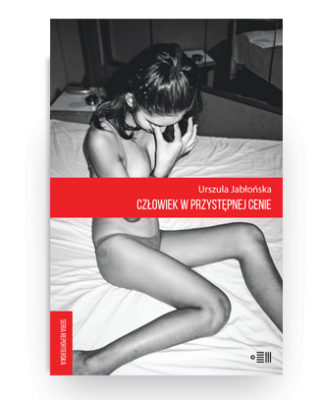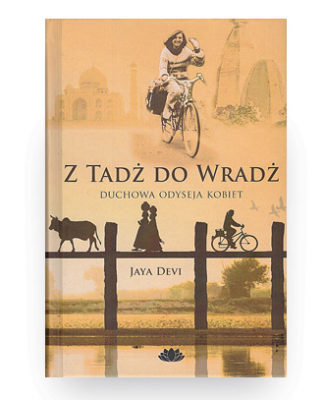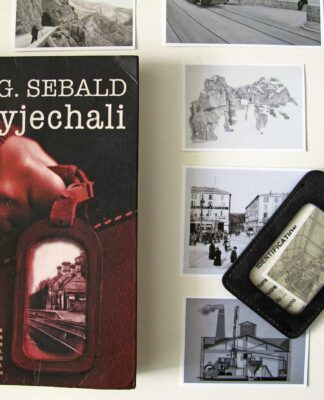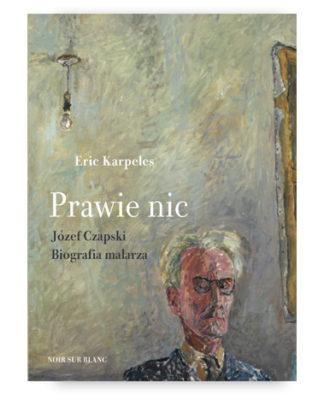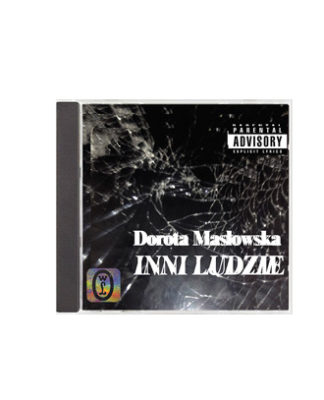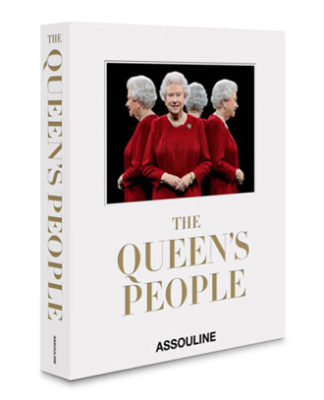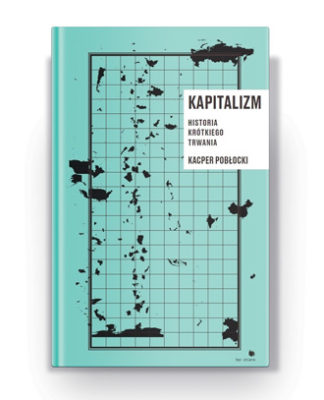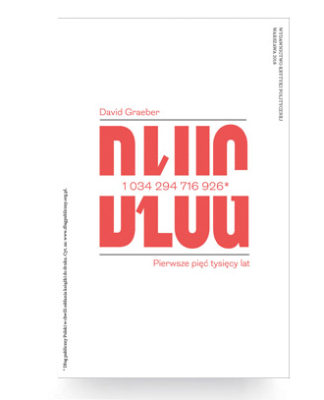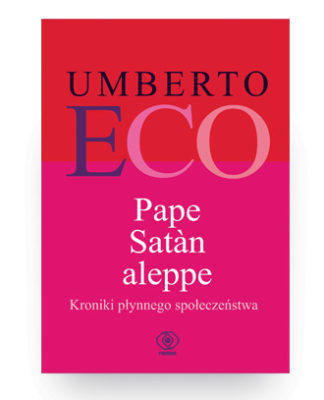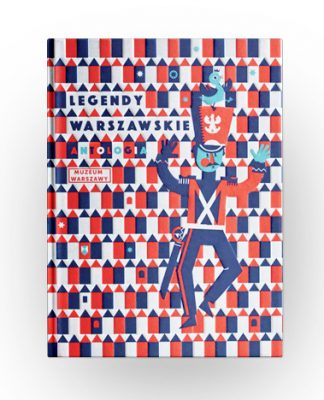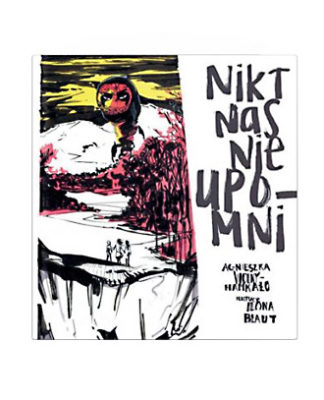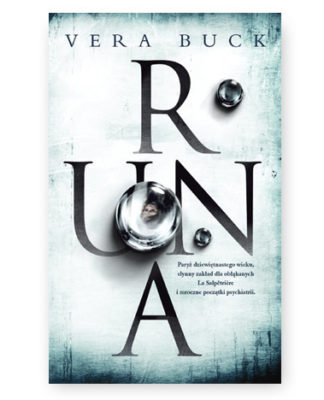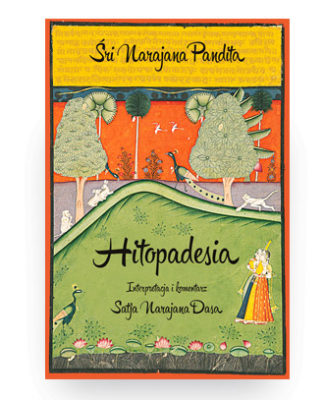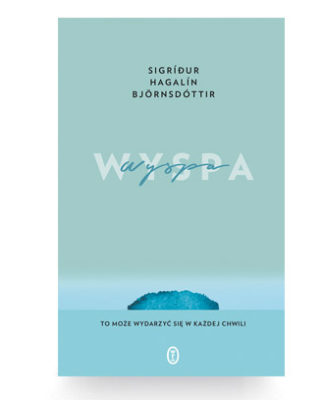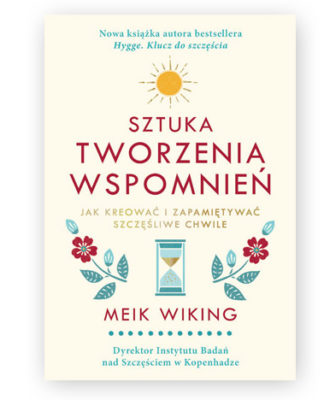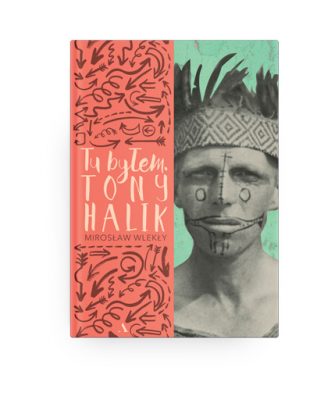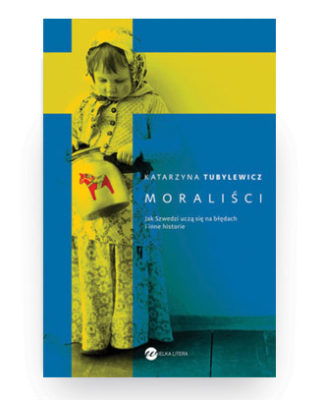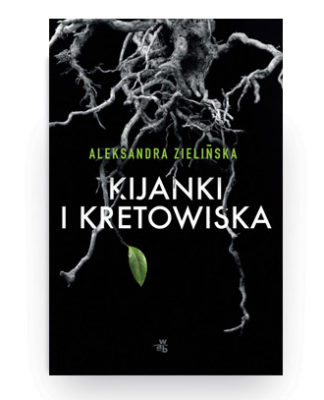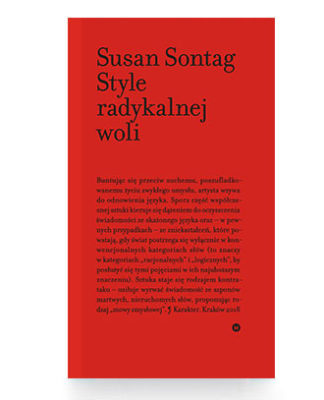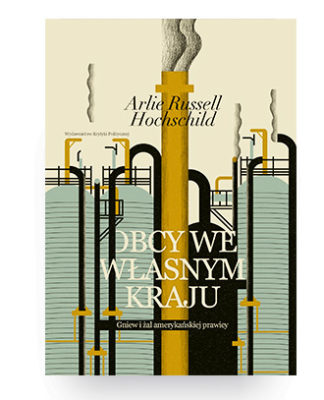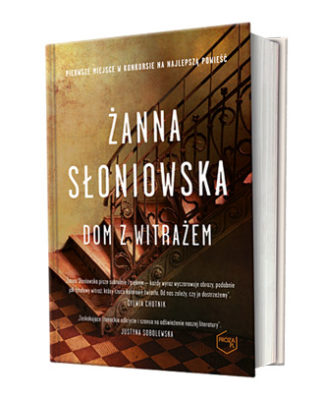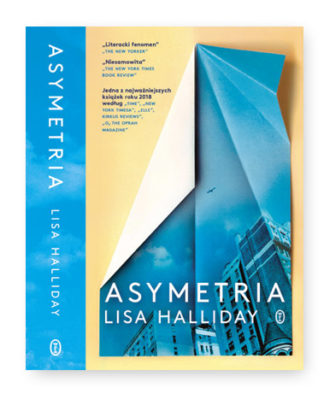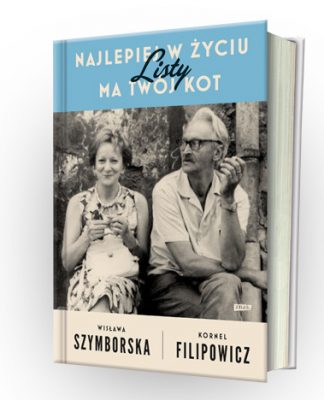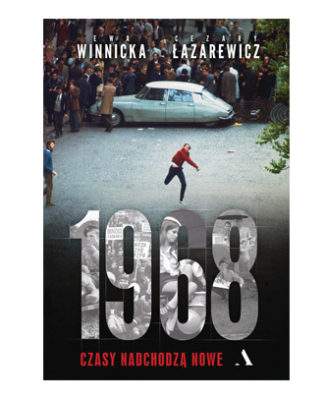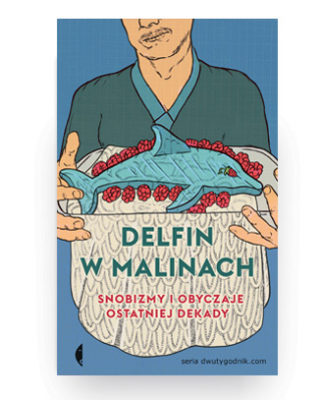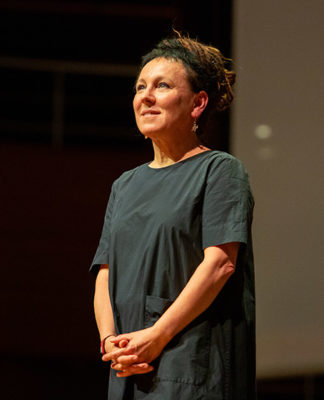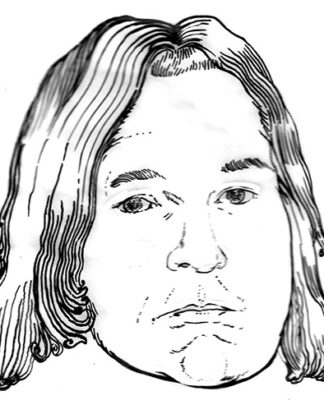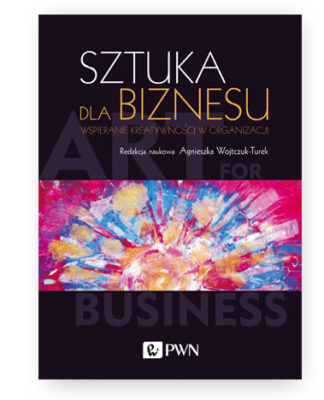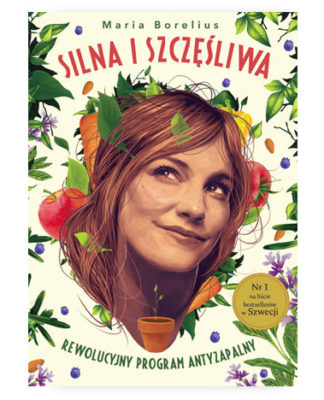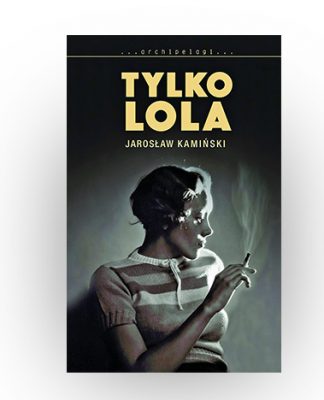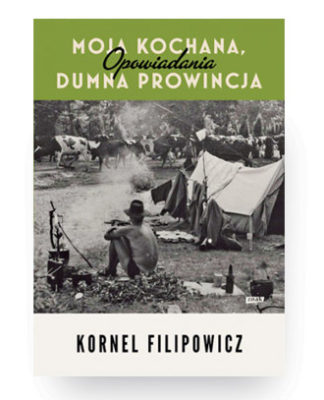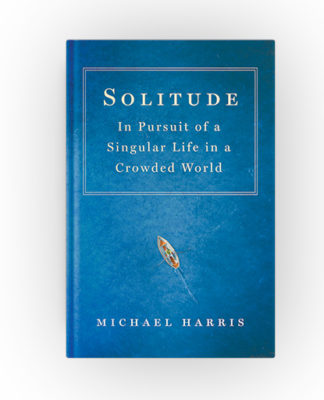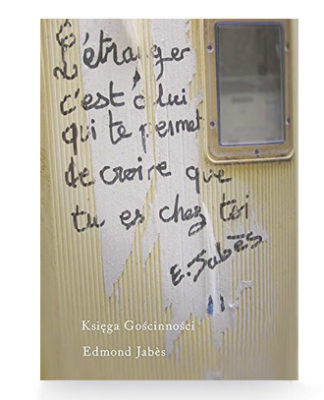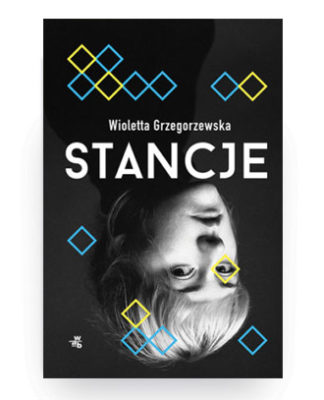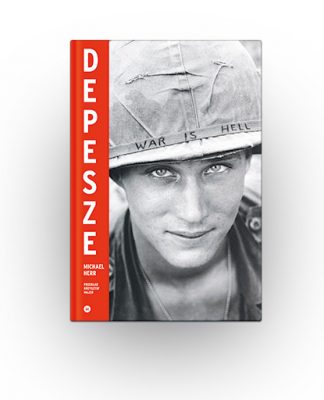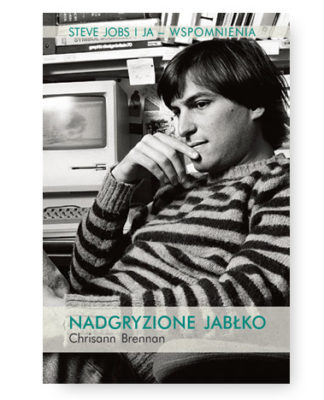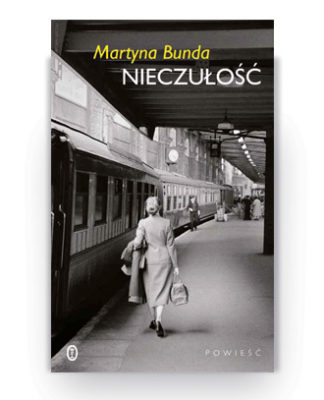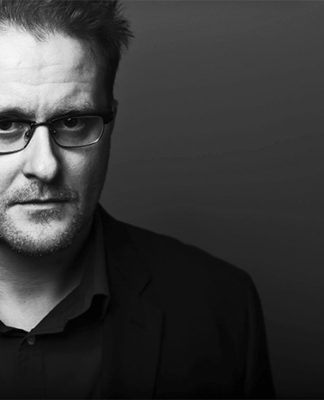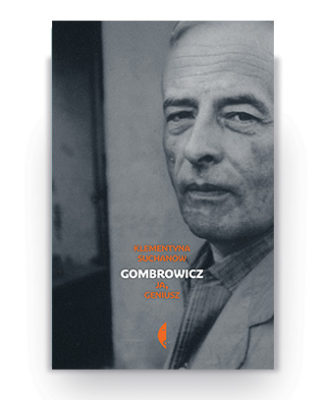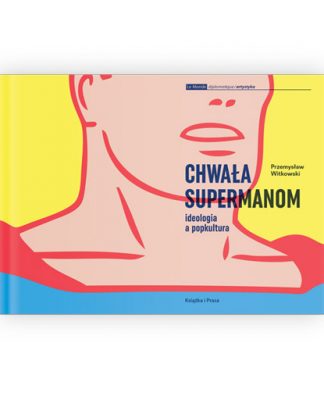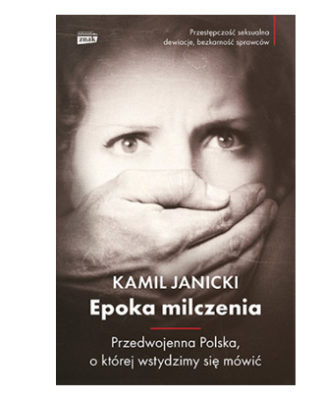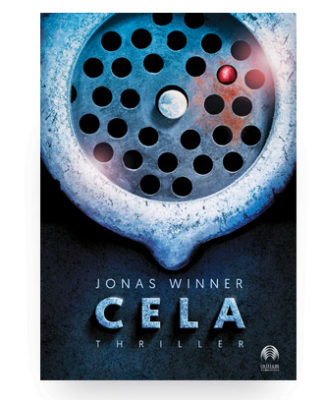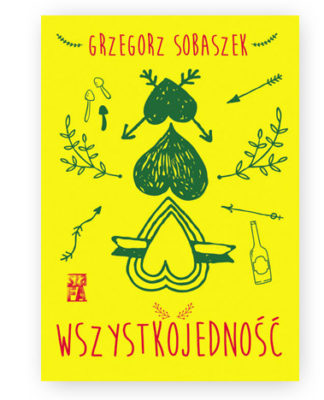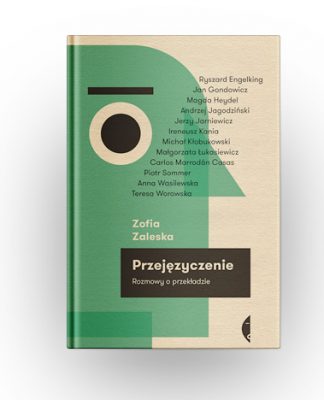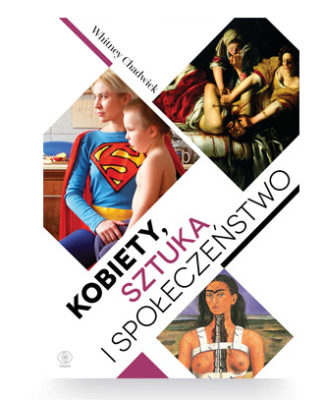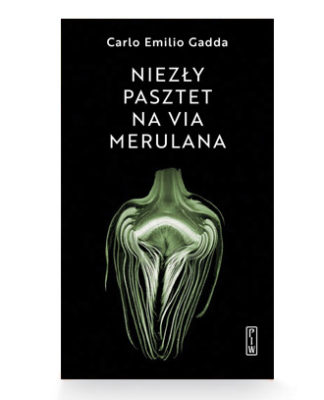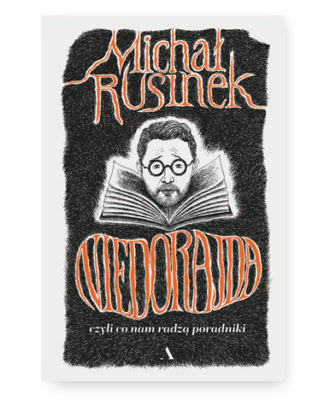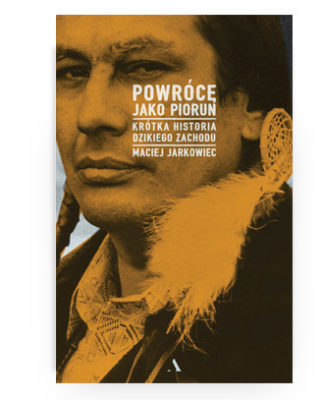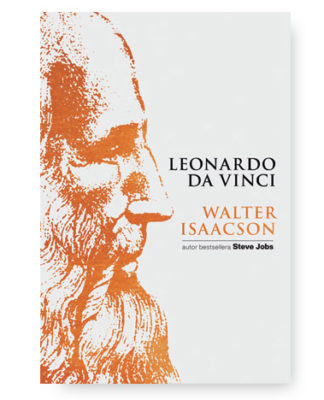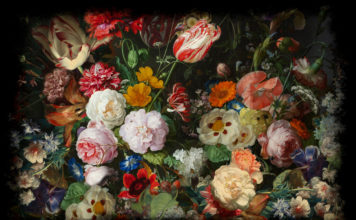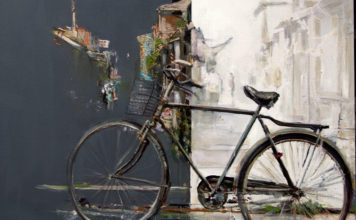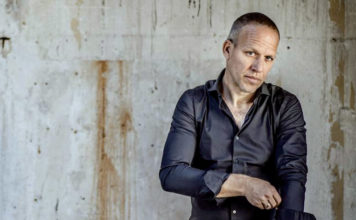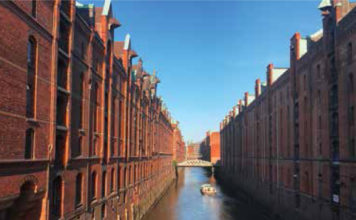Meeting after a concert, it becomes immediately clear that he eats the way he plays – with passion and sophistication. His ‘moment’ is now. On stage, he is the frontman. Engaging and fully aware that every beat he produces is memorable. It mesmerizes the audience and leads it to the world of genuine music. Meet Damion Reid, one of the most talented and versatile drummers of his generation.
Text: Sylwia Ogrodniczak
Photos: Paweł Antonowicz
You’ve just come off stage after playing with Mark Shim and Matt Brewer at New York’s Mezzrow Club. How do you feel?
I really enjoyed playing with them tonight. They are two of my favourite people to play with and also long-time friends. It is a musical departure from what people usually associate with Robert and me (author’s note: Robert Glasper – contemporary composer and pianist). With Robert, you get tasteful beats, the groove and other moments, whereas with these two guys there is more freedom and expression. We don’t get together enough and we all come from different schools, but it is great that we have a similar notion of how things come together musically. We’re equals, which is very important to us. I’m glad you had the opportunity of seeing me in a different context with Robert at the Blue Note, because now you know what different playing styles I have.
Watching you on the drums again tonight, I found myself wondering how you manage to sound like a soloist? A lot of people think that drummers should be in the background. Watching your videos on YouTube, one can find comments like: “He is ahead of time”, “Unique”, “I’m not sure if I’m on weed or not, but that was amazing!”
It is funny you say that – I think I’m very interested in phrasing. I talked about it with the musicians I played with tonight. When you perform with such good instrumentalists, each one of us can play what we want, and the result still comes out great. It is freedom of expression and they have the ability to express what they want. With me, I feel it is my duty to accompany them and provide the best support and interaction. And that’s where the phrasing comes in. That’s when I interject rhythmically or with own ideas for melodic rhythms. It is my job to propel the music along and support it. When it is time for me to stay in the background, that’s exactly what I do. However, I still like to have a conversation with the soloists and the band. So, it is very common for me to just sit down and improvise unrehearsed with people I haven’t played with for months. There isa relationship, synergy and mutual trust. Where you call me a ‘soloist’, other musicians think: ‘I can play the tune and Damion will provide the filler’. When you read me those comments, the last one made me laugh. [laughs]

Critics have said you play with a controlled fury and microscopic complex beats. I would add that when you play, there are consciously composed harmonic electrical discharges. It’s a kind of incredible percussive cardio. How would you describe your music to someone who hasn’t heard you play before?
Wow, your version sounds very scientific. I would like to be described as a musician who plays all musical genres. I don’t want to be pigeonholed as an artist who only plays jazz. I don’t really feel that’s who I am. I’ll show up and play anything you want. As an African American, it’s often assumed I can only play R’n’B, gospel, hip-hop or jazz. People don’t seem to realize that rock’n’roll was created by African Americans. And I would love to be in a heavy metal band! A lot of people, including you, have said that they’d like to see me perform such a repertoire. I feel that it would work. If someone likes how I play and hear music – I’ll show them what I can do. I feel like the music industry requires you to define yourself.
Do you think one needs to learn to appreciate jazz?
If people say they don’t like jazz – they haven’t found the right jazz for them. You have to try different things and if you keep on looking, you’ll find it. Jazz is so diverse, so I agree that one needs to learn how to listen to it.
What are your impressions of Poland and how were you received by music fans? Which musicians and places left a mark?
I really enjoyed my visits. I like Warsaw and I fell in love with Cracow. I always have a great time there. The audience loves the music. I have visited some other cities with Robert. I remember there were a lot of beautiful ladies in one [laughs], but I forgot what it was called. I’ve also been to the jazz festival in Bielsko-Biała. There was one city where I felt less comfortable because of an unpleasant incident I witnessed on the street. However, no matter where I am, the people in the audience are always wonderful! And it is the same in the United States. There are people with bad intentions and then there are those who really want to listen to music. For me, it’s not about where I am, but whom I’m with. I have friends all over the world. It’s the people you’re with that matter and make the difference. If you’re asking me about Polish food, it’s amazing! In my opinion, Poland is ahead of the game when it comes to the quality of food. Everything seems to be organic. It’s a nice feeling to sit down to breakfast in Poland and be served a green smoothie and other fresh produce – some of the best in the world – instead of the usual bacon and eggs. And I love the ritual of drinking two vodka shots at a time – one for each leg. [laughs] One of my favourite vodkas is Żubrówka, but thanks to you I discovered that it can be enjoyed as a drink with apple juice.
Drummers have exceptional coordination, allowing them to concurrently move all four limbs to different rhythms and tempo – that’s a real challenge!
(At this point Damion asks: “What did you think of today’s performance?” Writer answers: “I watched your legs at work”.)
It usually goes unnoticed. You’re born a drummer. You’ve either got it or you haven’t. It doesn’t matter how many hours of practice you put in. You must be good at keeping time. I’m so grateful to my parents for letting me be myself. I think about them every day. My drum kit was in the living room next to the fireplace and the television. When I started playing, nobody told me to stop. I grew up in a household with a can-do attitude, which came in handy when it came to dealing with the neighbors. [laughs]

Do you have a favourite playing technique?
Not really. There are only two techniques: French and German. The latter enables greater control, dynamics and clarity. A lot of people like the French technique, because you can play faster and refine your dexterity. German technique still allows you to play fast and achieve the same effect, but it allows you to obtain a fullness of tone. It doesn’t matter to me which technique I use. Both are needed for different things. (Damion demonstrates the techniques with his hands on the dining table.)
Thank you for that demonstration. Do you teach others to play the drums?
Right now, I feel it’s time for me to create my compositions. I think teaching should be left to true professionals, who have already made a name for themselves. I want to learn from someone who has been doing it a lot longer than me and respects the environment and art of performing. I am still learning. I am busy doing creative stuff, but I don’t believe I’m ready to pass my wisdom onto others. If we turn the clock back to the days of Art Blakey, whom I know you like, I could have been mentored by the likes of Max Roach, Elvin Jones and Tony Williams. I was very fortunate to have been mentored by Billy Higgins.
Where did you get the idea for the awesome t-shirts I see you wearing on YouTube? You wore one with an iconic photo of Grace Jones while trying out Meinl instruments. How conscious are you about the way you create your onstage image?
The guy who makes the t-shirts is Hebru Brantley, a graffiti artist from Chicago who started off painting and sculpting and has also set up a clothing label. I also like Tatsuo Nakano’s iconic work. When it comes to my onstage image, I’m pretty old school. My dad told me that you should always look your best. I think it’s important because you are your own brand and it’s one of the ways you demonstrate your pride in your art form. One of my mentors told me, “You should always look better than the people who’ve come to see you”.

You’ve performed with a lot of musicians – Steve Lehman, Matt Brewer, Robert Hurst and Robert Glasper, to name a few. Are there any special moments you like to look back on?
One night, last October, I played at the Blue Note with Robert Glasper and Mos Def (a.k.a. Yassin Bey) came along as a special guest. I was playing one specific beat, which nobody else seemed to respond to. He told the band to stop, walked to the foot of the stage and started to rap for a minute. It was just me and him. I kept thinking, ‘This is for the MC’. He heard the beat and we met musically. Meeting in the act of creating is something very special and he was really happy that I was in the moment.
If I asked your friends what you’re like out of the limelight, what would they say?
They would say that I am a private person, with a unique sense of humor and sometimes a little twisted. I’m not into jokes about drummers because they are very inappropriate as many people don’t realize a drummer supports the whole band and changes the way it sounds. They’d probably tell you my nicknames, Gourmet-minion and Boutique, and that I like to hang out in places with good food, good wine and good music, all enjoyed in good company. That’s what New York is all about. They’d also say I have a unique, refined taste. My choice of drums, clothing and other accessories are meticulous. When I am at home I cook a lot of vegetables and plant-based stuff. I carefully pay attention to what I eat. I also need to have fresh fruit at hand.
What is your favourite playlist?
I don’t have a playlist. I have moods for certain genres. But I don’t listen to that much music on a daily basis. I study to it sometimes, but I prefer silence. Besides, I read a lot and I’m an avid gamer. I like a blank, clean slate. I don’t like to be influenced by others when I show up to an event and am supposed to create. When I look at a blank canvas I like to say, “That’s what I wanna do!” Not enough people appreciate the art of doing nothing, but it’s important for staying mentally balanced.
You are in a constant search for new beats and we can see you in a lot of drum tests for sponsors. Can you tell me more about those?
The videos testing TAMA or Meinl are amazing! I love those kinds of trips. I’ve never put myself forward, but I do it when I’m invited by brands like those. I appreciate my sponsors as I have a lot of respect for technology. I love TAMA drums. They suggested we collaborate, and I think it’s natural to surround myself with people who appreciate my work. Thanks to them I have my own sound. Meinl has a very unique sound too and these are symbiotic projects, which I love.
What are you working on right now?
I play the drums on Liberty Ellman’s new album, LastDesert, which is coming out on 27 March. Steve Lehman and I have another project coming up soon, and there will be further projects with the Robert Glasper Trio. I love to stay busy! |

Damion Reid (b. 1979) is an American drummer and Grammy nominee. He is a graduate of the New England Conservatory in Boston, Massachusetts and winner of the prestigious Alan Dawson scholarship. Reid also studied at the Thelonious Monk Institute of Jazz (University of Southern California) before transferring to the famous New School in New York City. It was in New York that he set off on his musical journey with acclaimed names such as Greg Osby, Terence Blanchard, Miles Okazaki, Steve Lehman, Robert Glasper, Ravi Coltrane, Meshell Ndegeocello and Liberty Ellman.

